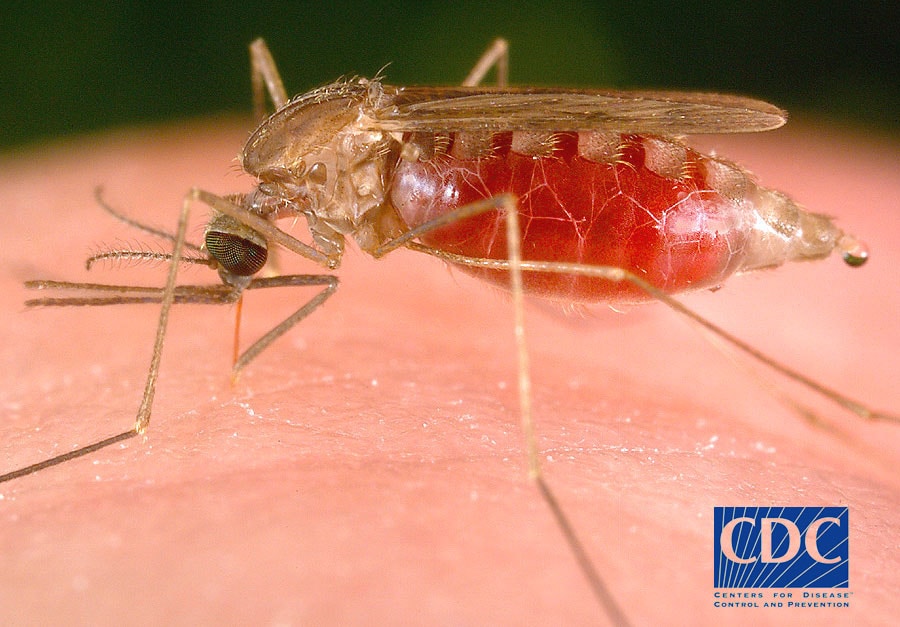What I didn't know, until I heard Sonia Shah on "Fresh Air" a few days ago, was that mosquitoes have been around for a very long time, and have been biting the blood out of us for millennia. Shah was talking with Terry Gross about her book, The Fever: How Malaria Has Ruled Humankind for 500,000 Years
It was neat to hear Shah talk about her experiences whenever she visited India, and how the mosquitoes would attack her--she would be left with huge bruises and bumps, while her cousins would have nothing.
I can totally related to this: While the mosquito menace has decreased a lot in Chennai (as the city is now known) I find it more than annoying that those insects seem to target me way more than anybody else.
My joke (!) has always been that they know I am from America, and prefer that foreignness in the blood. So, it was not just my experience, after all, with mosquitoes and American blood!
That is the question that this piece in Nature tackles.
Malaria infects some 247 million people worldwide each year, and kills nearly one million. Mosquitoes cause a huge further medical and financial burden by spreading yellow fever, dengue fever, Japanese encephalitis, Rift Valley fever, Chikungunya virus and West Nile virus. Then there's the pest factor: they form swarms thick enough to asphyxiate caribou in Alaska and now, as their numbers reach a seasonal peak, their proboscises are plunged into human flesh across the Northern Hemisphere.About mosquitoes, I have often joked that the worst and biggest ones I ever encountered and in large numbers was in Alaska. Apparently, I was not imagining:
So what would happen if there were none? Would anyone or anything miss them? Nature put this question to scientists who explore aspects of mosquito biology and ecology, and unearthed some surprising answers.
Elimination of mosquitoes might make the biggest ecological difference in the Arctic tundra, home to mosquito species including Aedes impiger and Aedes nigripes. Eggs laid by the insects hatch the next year after the snow melts, and development to adults takes only 3–4 weeks. From northern Canada to Russia, there is a brief period in which they are extraordinarily abundant, in some areas forming thick clouds....So, back to the question--how about wiping these insects off the planet? First, note this:
Mosquitoes consume up to 300 millilitres of blood a day from each animal in a caribou herd, which are thought to select paths facing into the wind to escape the swarm.
Ultimately, there seem to be few things that mosquitoes do that other organisms can't do just as well — except perhaps for one. They are lethally efficient at sucking blood from one individual and mainlining it into another, providing an ideal route for the spread of pathogenic microbes.Ready to kill 'em all? Will the world's ecosystems suffer as a result?
The romantic notion of every creature having a vital place in nature may not be enough to plead the mosquito's case. It is the limitations of mosquito-killing methods, not the limitations of intent, that make a world without mosquitoes unlikely. And so, while humans inadvertently drive beneficial species, from tuna to corals, to the edge of extinction, their best efforts can't seriously threaten an insect with few redeeming features. "They don't occupy an unassailable niche in the environment," says entomologist Joe Conlon, of the American Mosquito Control Association in Jacksonville, Florida. "If we eradicated them tomorrow, the ecosystems where they are active will hiccup and then get on with life. Something better or worse would take over."

1 comment:
i tried to leave a comment but your window accepts 4096 bytes only
Post a Comment